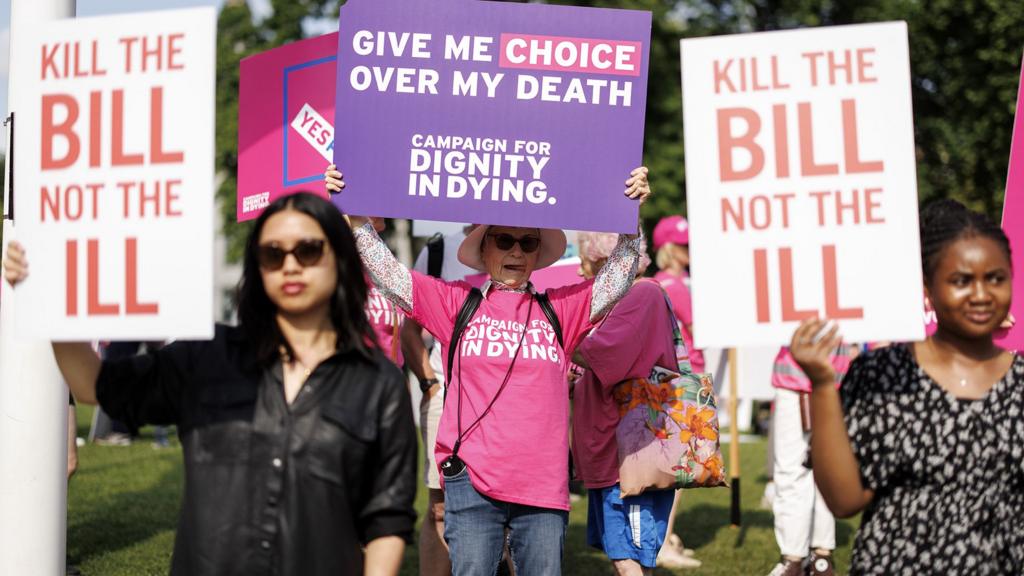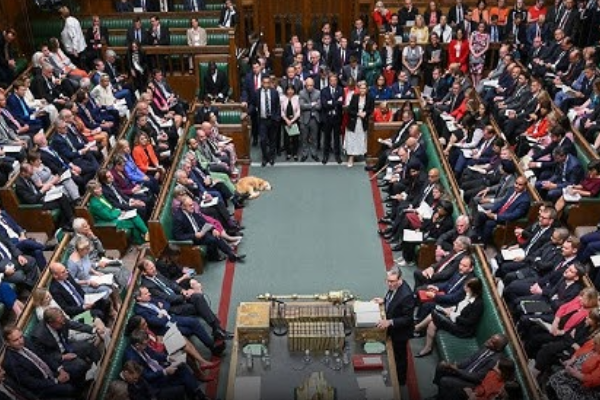British MPs have begun debating the final stage of a bill today which could legalise assisted dying in England and Wales.
The debate will be followed by a crucial vote later, if approved, it will go to the House of Lords for scrutiny, but if MPs do not support it, it will fail.
The Terminally Ill Adults (End of Life) Bill would allow terminally ill adults with six months or less to live to get medical assistance to end their own lives
In November, MPs voted to back the bill introduced by Labour’s Kim Leadbeater by a majority of 55 – Leadbeater says she’s “confident” the bill will pass today
Since last year at least a dozen MPs who backed or abstained on the bill had said they were likely to oppose it.
Protesters both for and against the contentious bill are expected to gather outside parliament as the third reading – the MPs’ last chance to debate its contents – takes place inside. the House of Commons.

Read Also
A change in the law would see Britain emulate several other countries in Europe and elsewhere that allow some form of assisted dying.
Supporters say euthanasia would give the terminally ill greater protections and choice at the end of their lives, but critics worry that vulnerable people could be coerced into dying.
MPs backed the proposed legislation by 330 to 275 votes at an initial vote in parliament last November.
Since then the bill has undergone several changes, including applying a ban on adverts for assisted dying and allowing all health workers to opt out of helping someone end their life.
Several lawmakers in the 650-seat parliament have subsequently switched positions, and parties are not telling them how to vote, making the outcome difficult to predict.
Both the House of Commons and the House of Lords need to approve the legislation before the end of the current parliamentary year, likely sometime in the autumn, or the bill will fail.
If it passes and receives royal assent, then it would be four years before an assisted dying service is implemented.
A government impact assessment published this month estimated that approximately 160 to 640 assisted deaths could take place in the first year, rising to a possible 4,500 in year 10.
Prime Minister Keir Starmer is expected to vote in favour but several of his top ministerial team, including the health and justice secretaries, have publicly opposed changing the law.
Assisted suicide currently carries a maximum prison sentence of 14 years in England, Wales and Northern Ireland.




